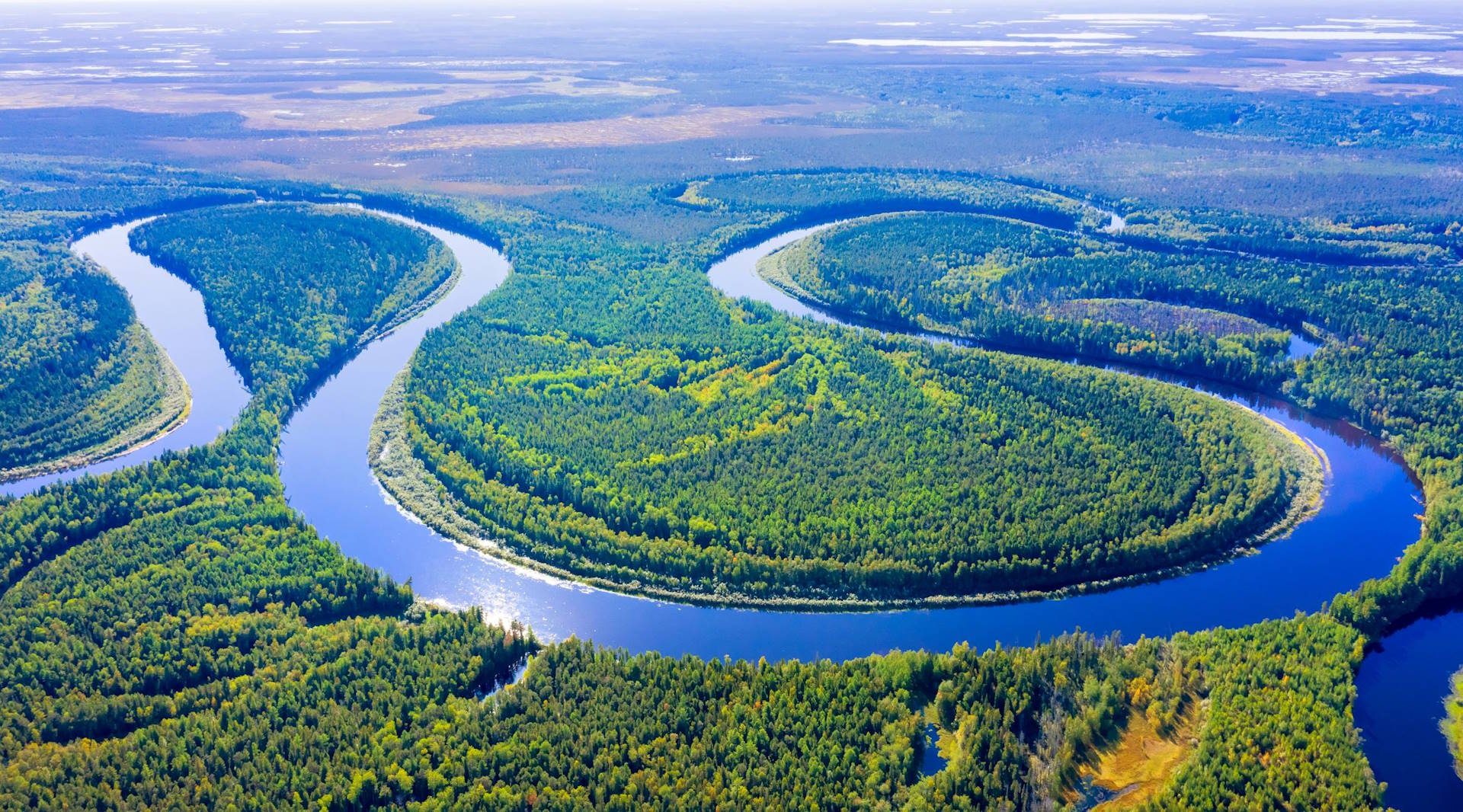A new study has shown irreversible risks to the Amazon and northern hemisphere forests from climate change.
The Met Office-led research looks at the unavoidable impacts on forests when global temperatures breach a global warming level of 1.5°C above pre-industrial levels: a global warming level evens out natural variation, when some years have marginally higher temperatures than others.

The world is currently at a global warming level of 1.3°C, with obvious concerns that this level this could be exceeded considerably in coming decades without urgent mitigation. Scientists are keen to understand the impacts of a potential overshoot of 1.5°C on ecosystems, especially the world’s forests.
With every increment of warming risks and impacts increase and options to adapt decrease, with some natural systems reaching limits to adaptation. Ambitious mitigation and adaptation action is needed to preserve forest ecosystems and their services.
Gregory Munday is a Met Office scientist and lead author of the study. He said: “Our paper found that limiting the magnitude of temperature overshoot above 1.5°C compared to pre-industrial levels could be quite beneficial for forest ecosystem health.
“Long-term forest dieback is a significant risk even with a temperature change of 1.3°C by 2100. With current estimates saying we are at this level of global warming already it is important that we put more effort into reducing emissions and limiting the warming as much as possible.
“As global temperatures are forecast to climb in coming years it is imperative that scientists understand the climate change impacts these increases in temperature will have on the world’s forests.”
In this study scientists use scenarios that assume considerable global co-operation to meet the Paris ambition to limit warming to 1.5°C or 2°C by the end of the century, but uncertainty in the climate system could mean that even these low-emission mitigation scenarios could lead to larger temperature rises and therefore significant impacts to forest ecosystems.
Gregory added: “The world’s forests contain vast stores of carbon and significant dieback of these forests would release more carbon to the atmosphere fuelling climate change and compounding the climate threat to forests. Keeping global temperature as low as possible below 1.5°C reduces the risk to these vital planetary lungs.”
Dr Chris Huntingford of the UK Centre for Ecology and Hydrology, and who was involved with the study, said: “If society aims to eventually stabilise the climate at 1.5°C above pre-industrial levels - and noting that current warming levels are already near that threshold - this implies there may be an intermediate period of “overshooting” above that target temperature level. This research contributes to building an understanding of how forests may respond during an “overshoot” phase of the climate system.”
The team studied the response of the Amazon and a large section of boreal forest in Siberia to rising temperatures.
The paper - Risks of unavoidable impacts on forests at 1.5°C with and without overshoot – has been published in Nature Climate Change on Monday 12 May.
The Met Office led research was supported by colleagues from:
* School of Geographical Sciences, University of Bristol, University Rd, Bristol BS8 1SS, UK
* NORCE Norwegian Research Centre, Bjerknes Centre for Climate Research, Jahnebakken 5, 5007 Bergen, Norway
* CICERO Center for International Climate Research, Gaustadalléen 21, 0349 Oslo, Norway
* School of Earth and Environment, University of Leeds, Woodhouse, Leeds LS2 9JT, UK
* International Institute for Applied Systems Analysis (IIASA), Schloßpl. 1, 2361 Laxenburg, Austria
* Department of Water and Climate, Vrije Universiteit Brussel, Pleinlaan 2, 1050 Brussels, Belgium
* UK Centre for Ecology and Hydrology, MacLean Bldg, Benson Ln, Crowmarsh Gifford, Wallingford OX10 8BB, UK
* Faculty of Environment, Science and Economy, University of Exeter, Streatham Campus, Northcote House Exeter EX4 4QJ, UK


